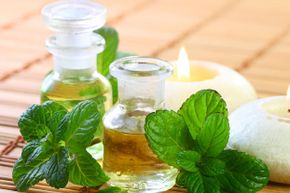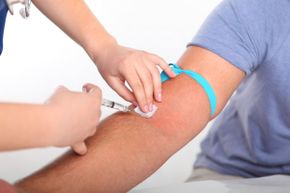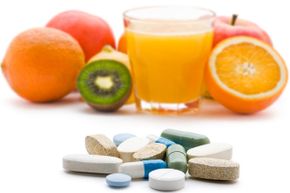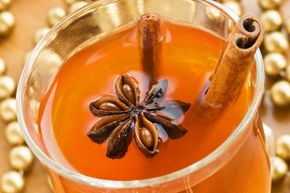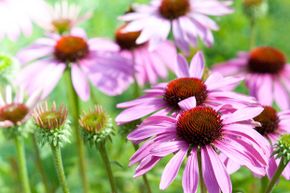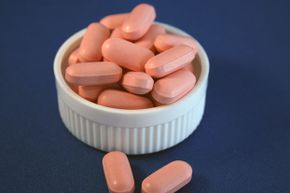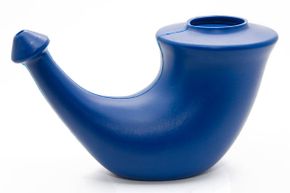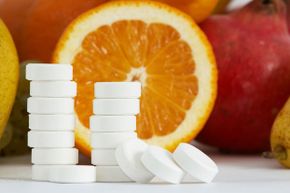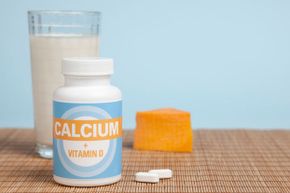There's a version of the story of U.S. President William Henry Harrison's inaugural address that goes something like this: President Harrison's two-hour inaugural address in cold, wet weather was responsible for his catching a cold and dying of pneumonia before he could complete even one month in office.
These days, we now know you can't catch a cold just by being cold (or wet) -- it takes direct contact with infected droplets for that to happen, usually from a sneeze or cough of someone with a cold. Rhinoviruses -- the viruses that cause colds -- can live for as long as three hours on the surface of your skin. So, to avoid infection, be careful about touching objects (such as the remote control, or a doorknob) and then touching your eyes, nose or mouth, and be vigilant about hand washing -- it's one of the best ways to avoid catching a cold [source: Scott].
Advertisement
Still, when we do catch a cold we really have no idea what to do. Antibiotics or over-the-counter cough medicine? And sometimes we're not even sure if we have a cold or if we have the flu. Colds commonly all have similar symptoms: You find yourself sneezing with a scratchy throat, a runny nose and nasal congestion. Some cold viruses also cause coughing, fatigue, headaches, muscle aches, sore throats and sometimes a mild fever.
Before we kick off our list, there's one important thing to remember: Americans alone will catch an estimated 1 billion colds this year, and there is currently no way to prevent or cure the common cold. Even without a cure, colds make us feel so badly that one-third of the time we accept a placebo as beneficial treatment [source: Szabo].
We've collected 10 cold remedies that actually don't do anything to treat a common cold, but are popular treatments just the same. First, let's talk about how peppermint will freshen your breath, but it won't do anything to help that postnasal drip go away faster.

